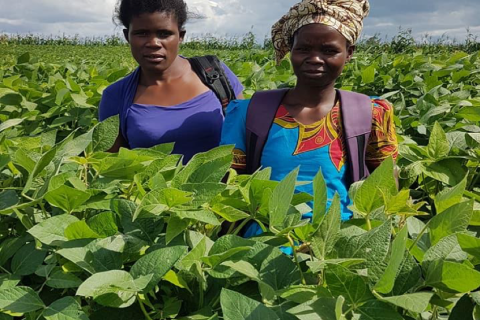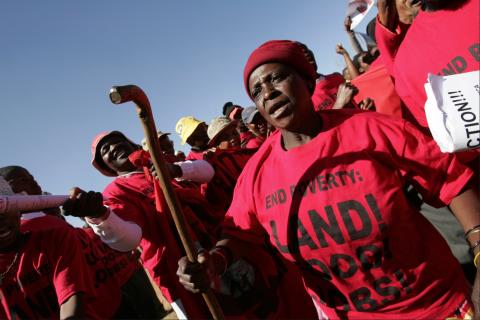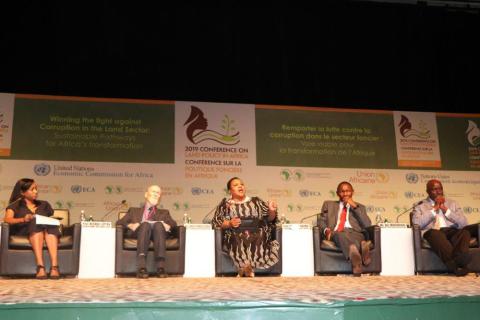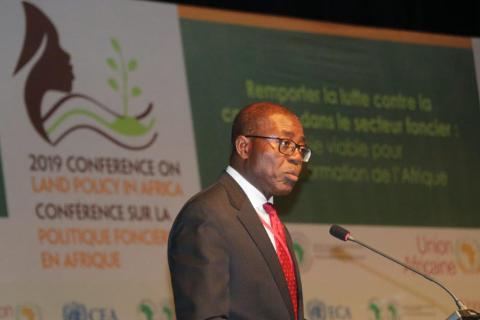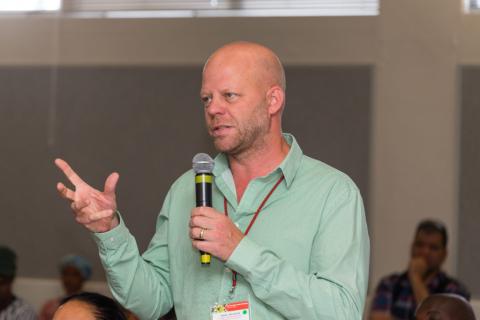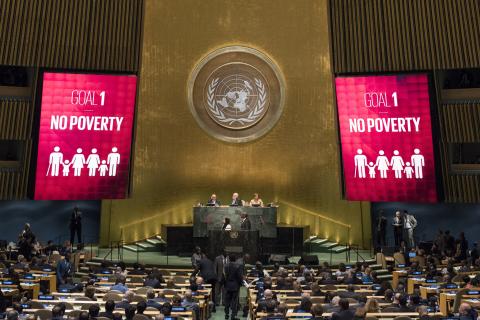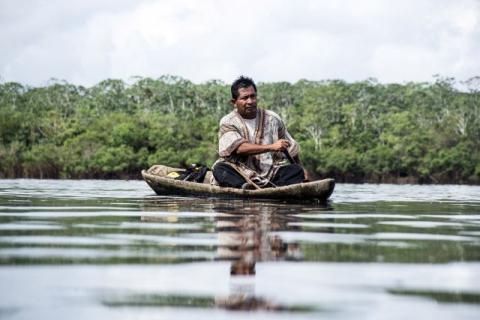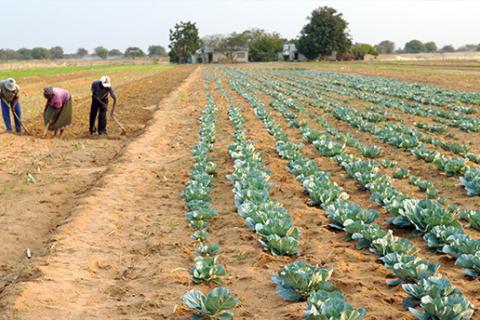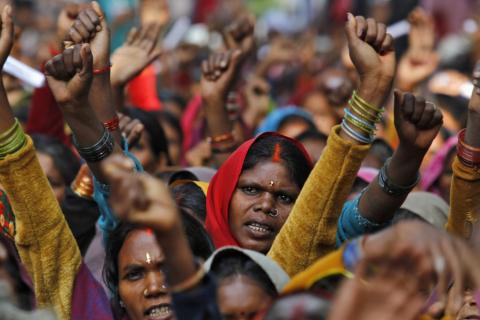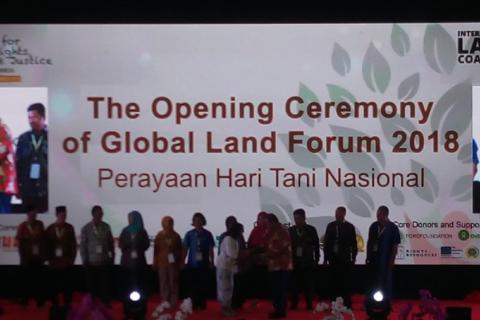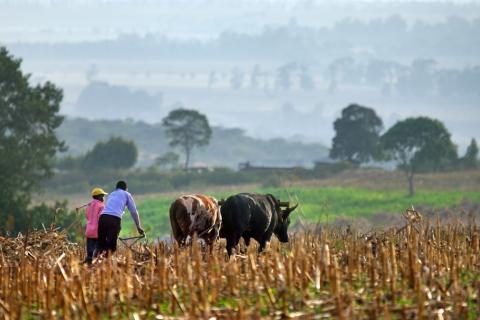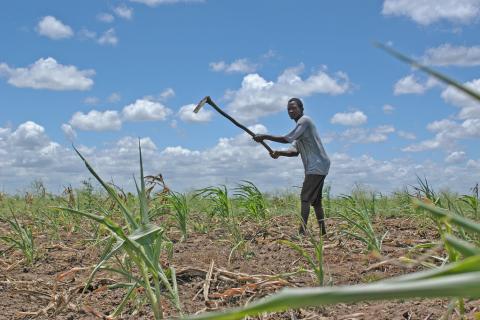Southern African governments fail smallholder farmers in their commitments made in the Malabo Declaration
In 2014, the African Union (AU) member states adopted the Malabo Declaration on Accelerated Agricultural Growth and Transformation for Shared Prosperity and Improved Livelihoods (the Malabo Declaration). This Declaration provides direction to transform the agricultural sector in Africa for the period 2015-2025 within the wider framework of the Comprehensive Africa Agriculture Development Programme (CAADP). It is an essential document that assists AU member states to achieve agriculture-led growth, and end poverty and hunger.

